Getting older is a privilege, but seeing your life change is challenging. Many people struggle to recognize themselves the older they get, and it’s common to have an identity crisis. With all that in mind, here are 20 things people commonly struggle to accept about getting older.
Gray Hair

Most people start going gray in their 30s, and it’s always a big deal. Gray hair is one of the most recognizable signs of aging, so lots of people choose to dye theirs. Your hair is a huge part of your identity, and seeing it completely change is difficult to accept.
Getting Wrinkly
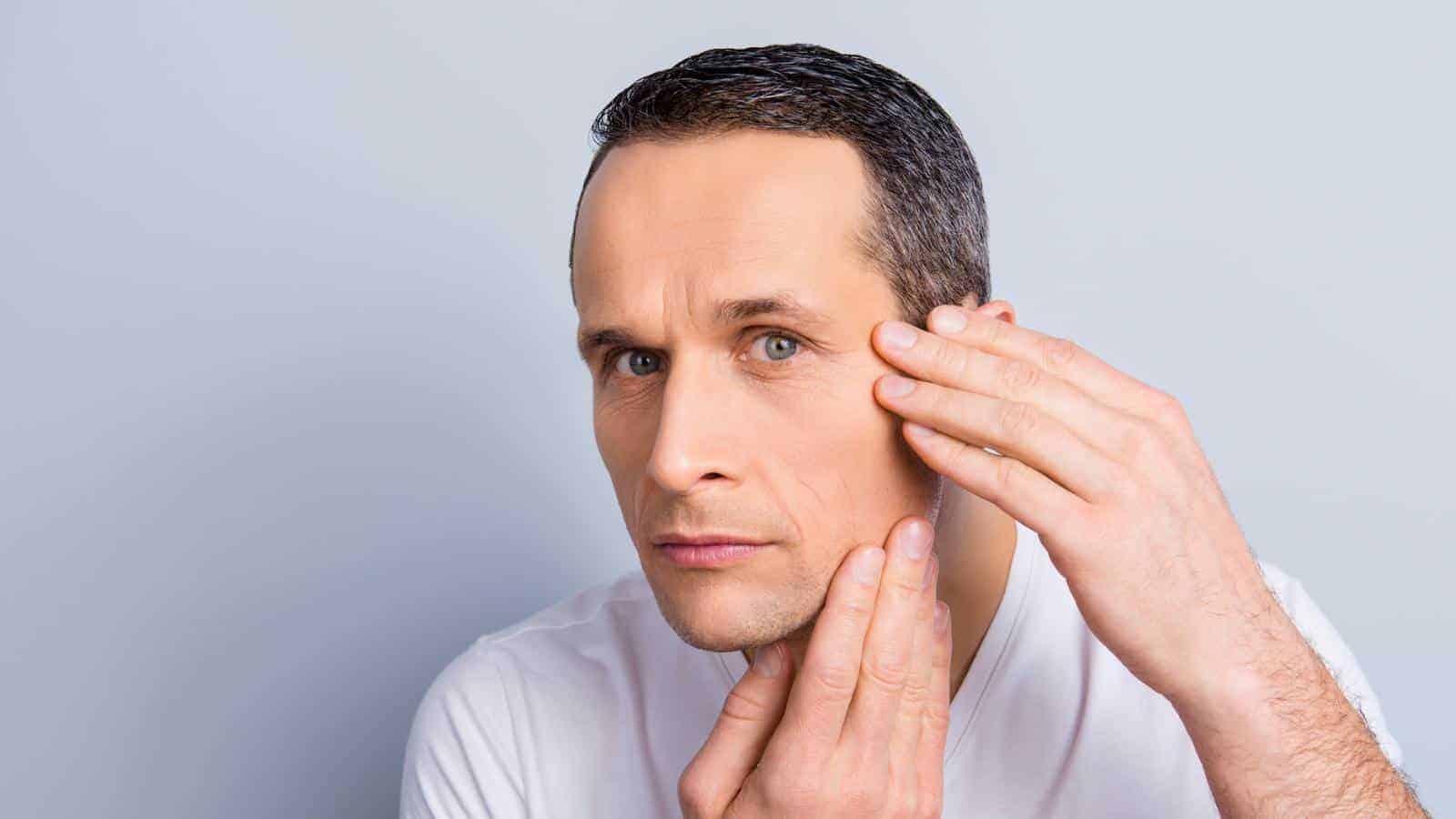
Just like gray hair, wrinkles signify aging. Cosmetic doctors make plenty of money selling botox treatments to aging people, taking advantage of their insecurities about wrinkles. Obsessing over loose, wrinkled skin is bad for your mental health, but it’s an ongoing struggle many aging people face.
Body Aches

As we age, we become more prone to body aches and pains. Physiopedia explains that this comes from tendons, which stiffen as they lose their elasticity over time. The resulting body aches make it harder to keep up with activities you’ve always enjoyed, and it’s hard to adjust to being less bodily able.
Lack of Energy
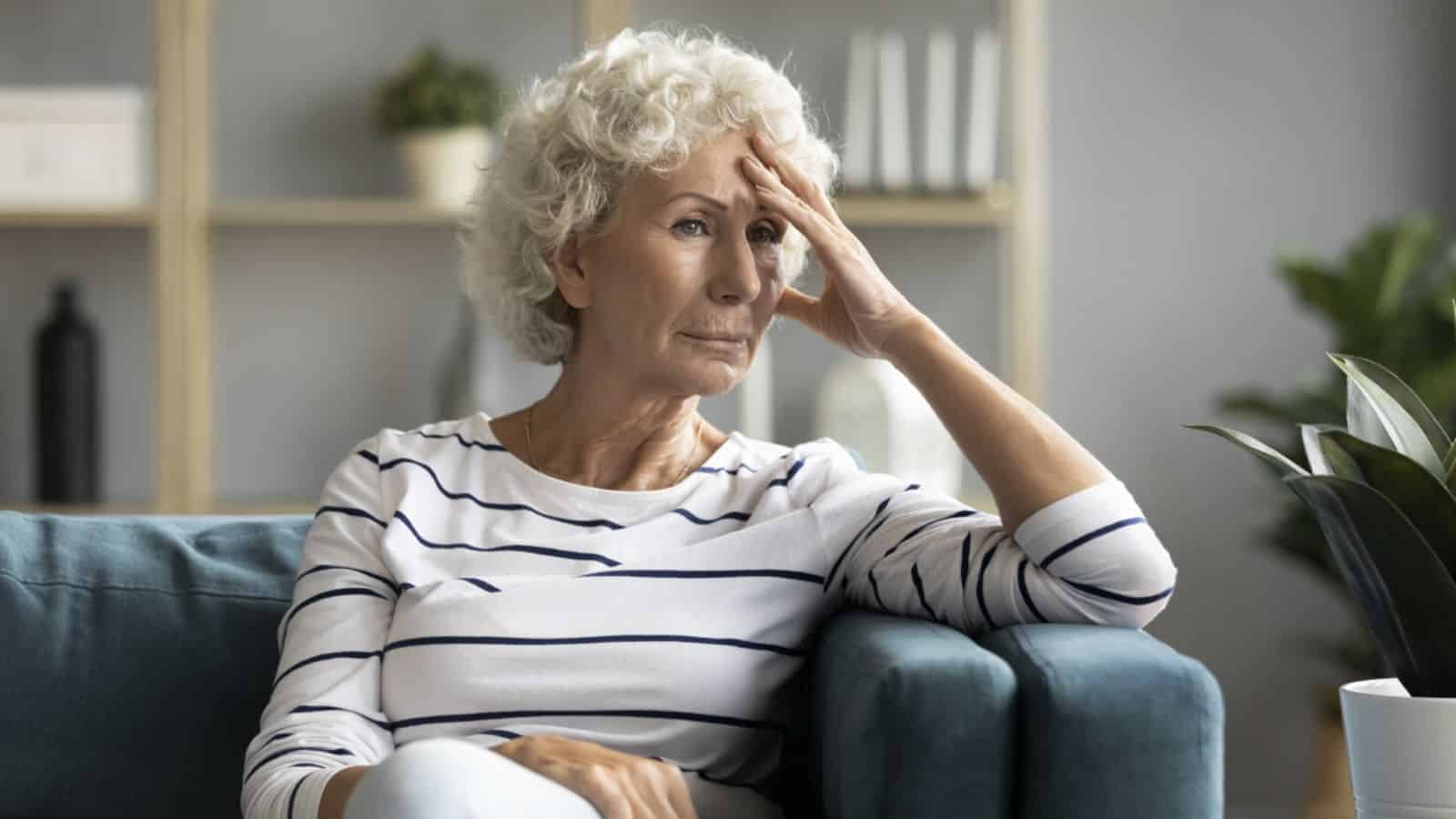
It’s natural for energy to decline as we age, but that doesn’t make it any less disconcerting. Your metabolism decreases, your hormones change, and you begin leading a less active lifestyle. All these factors explain a lack of energy, but struggling to keep up with more energized people can make you feel left behind.
Memory Loss

The brain changes as much as the body when we age, but memory loss is scary. Noticing you can’t remember information well anymore is hard to accept, and many worry about developing dementia the older they get. A poor memory massively impacts your everyday life, so while it’s hard to accept, don’t ignore it.
Poor Sight
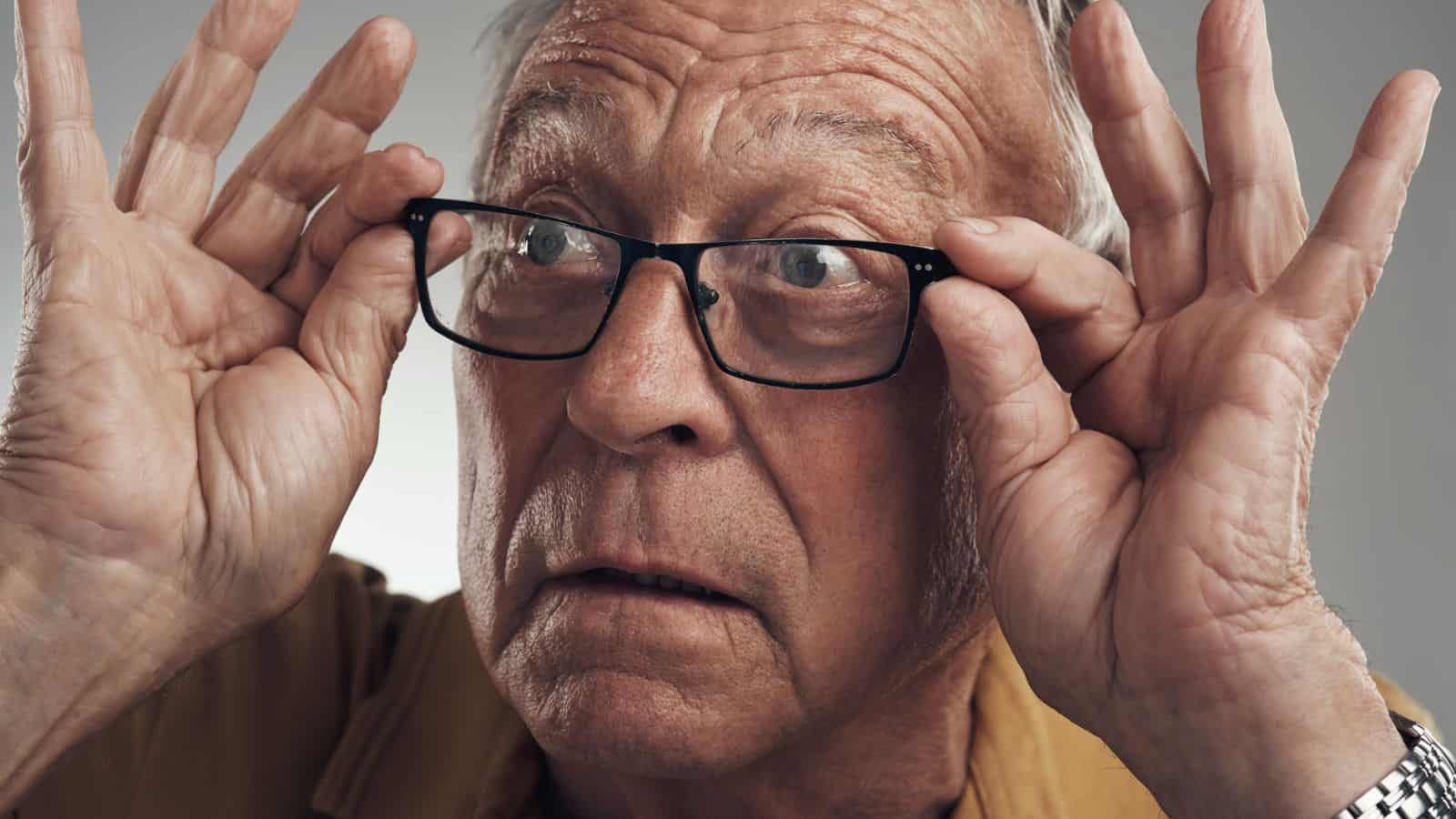
Good vision is vital to your independence, ability to work, and safety. That’s why many people deny changes to their sight as they age, with some refusing to visit an optician. It’s difficult to accept that your senses aren’t as sharp when you get older because it reminds you of how much changes.
Health Concerns

The older you get, the more fragile your health becomes. Old age puts you at higher risk of developing heart disease, stroke, osteoporosis, and arthritis. Realizing that you’re more likely to become ill or lose your mobility as you age is devastating for many people, but sadly, it’s unavoidable.
Becoming Lonely
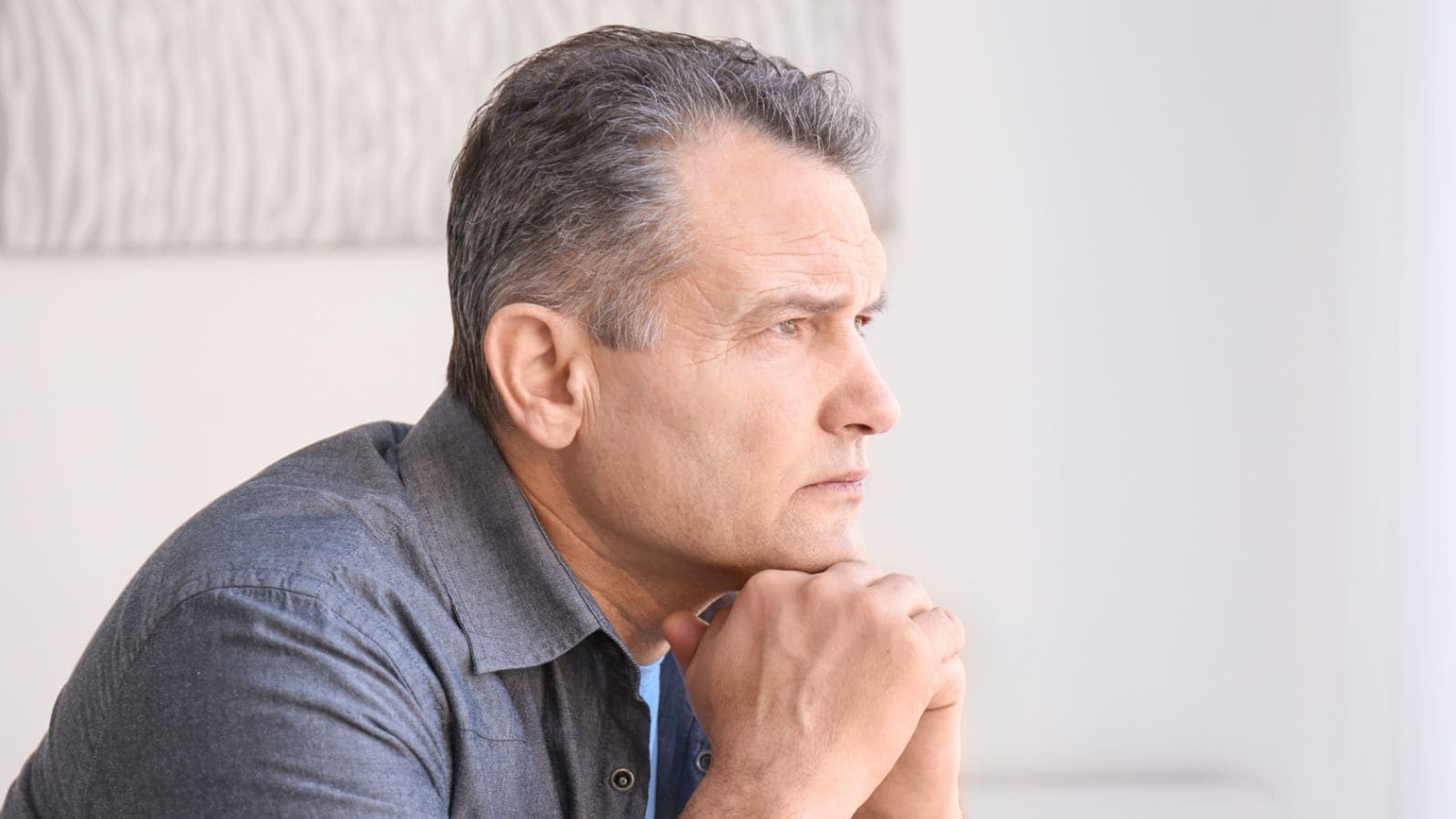
Many worry about being left alone when they get older. The World Health Organization reports that one in three older people feel lonely, with their mental health deteriorating. The thought of spending your later years isolated is terrifying, so it’s understandable why many struggle to accept loneliness.
Poor Sleep

There’s a common misconception that older people get better and longer sleep than younger people, but it’s untrue. The older you get, the less time you spend in the deeper stages of sleep. Sleep is vital for your health, and so many don’t react well to losing sleep in their later years.
Losing Loved Ones
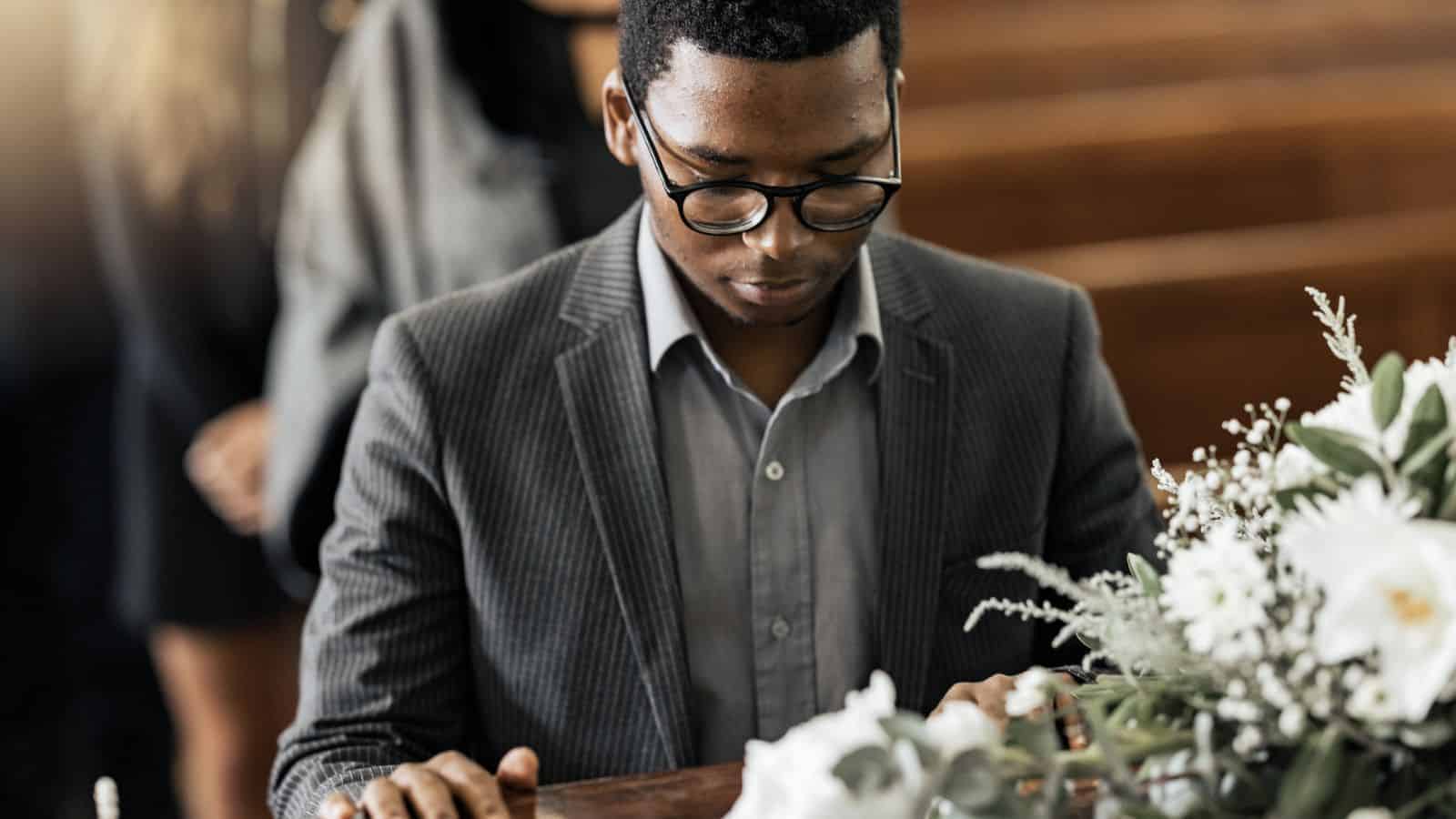
Grief is one of the most heartbreaking things a person can go through, and sadly, it becomes common to lose people as you get older. Watching your loved ones pass away is tragic, and it makes you think about your own mortality. Sadly, no matter how common death becomes, it never gets easier.
Retirement Boredom
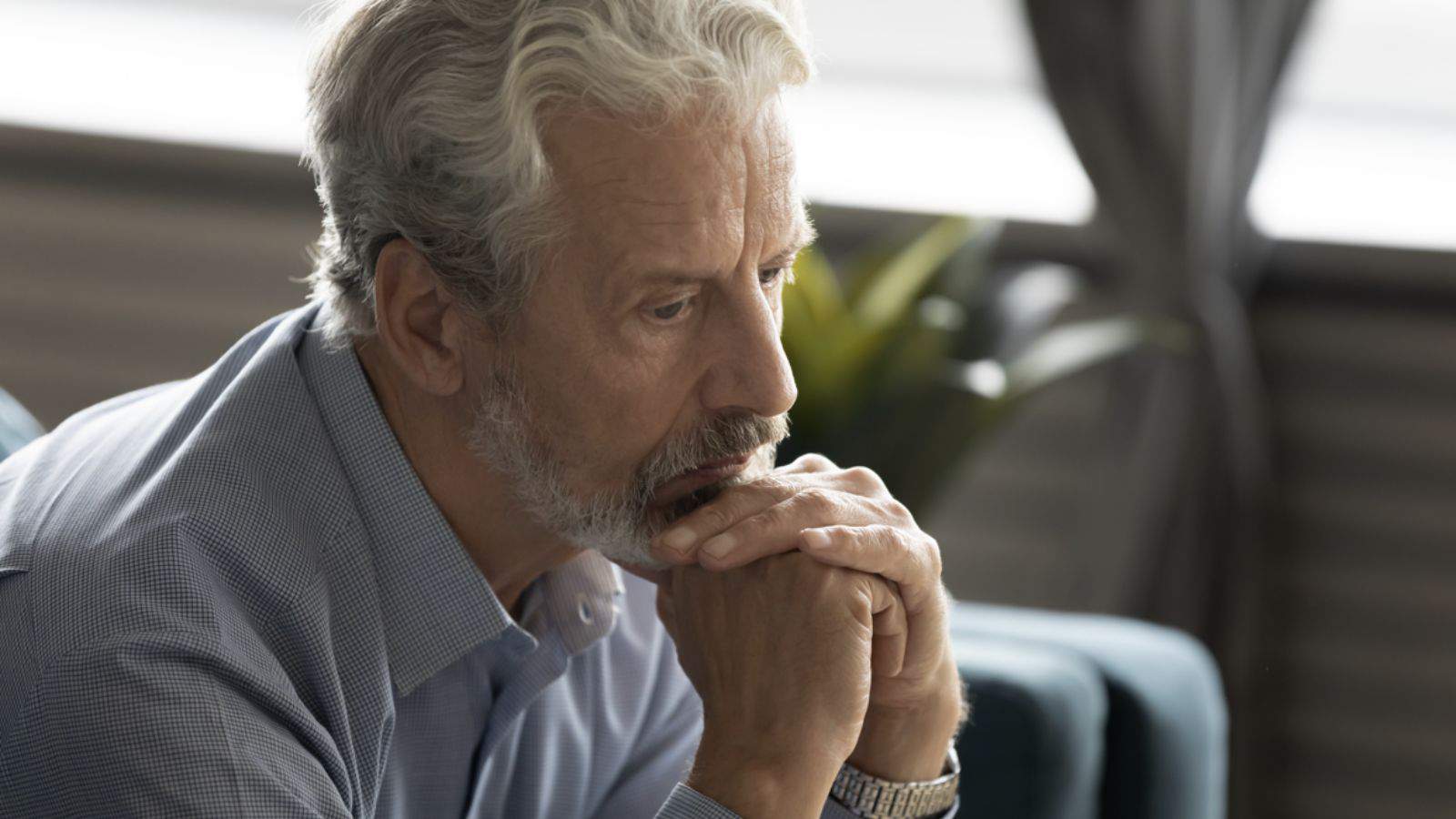
Retirement might sound like a dream when you’re young, but it can actually be very boring. People who dedicate their lives to their careers struggle to adjust to no longer working and also struggle to get involved with new hobbies. As a result, retirement can feel like a curse to some.
Lack of Independence
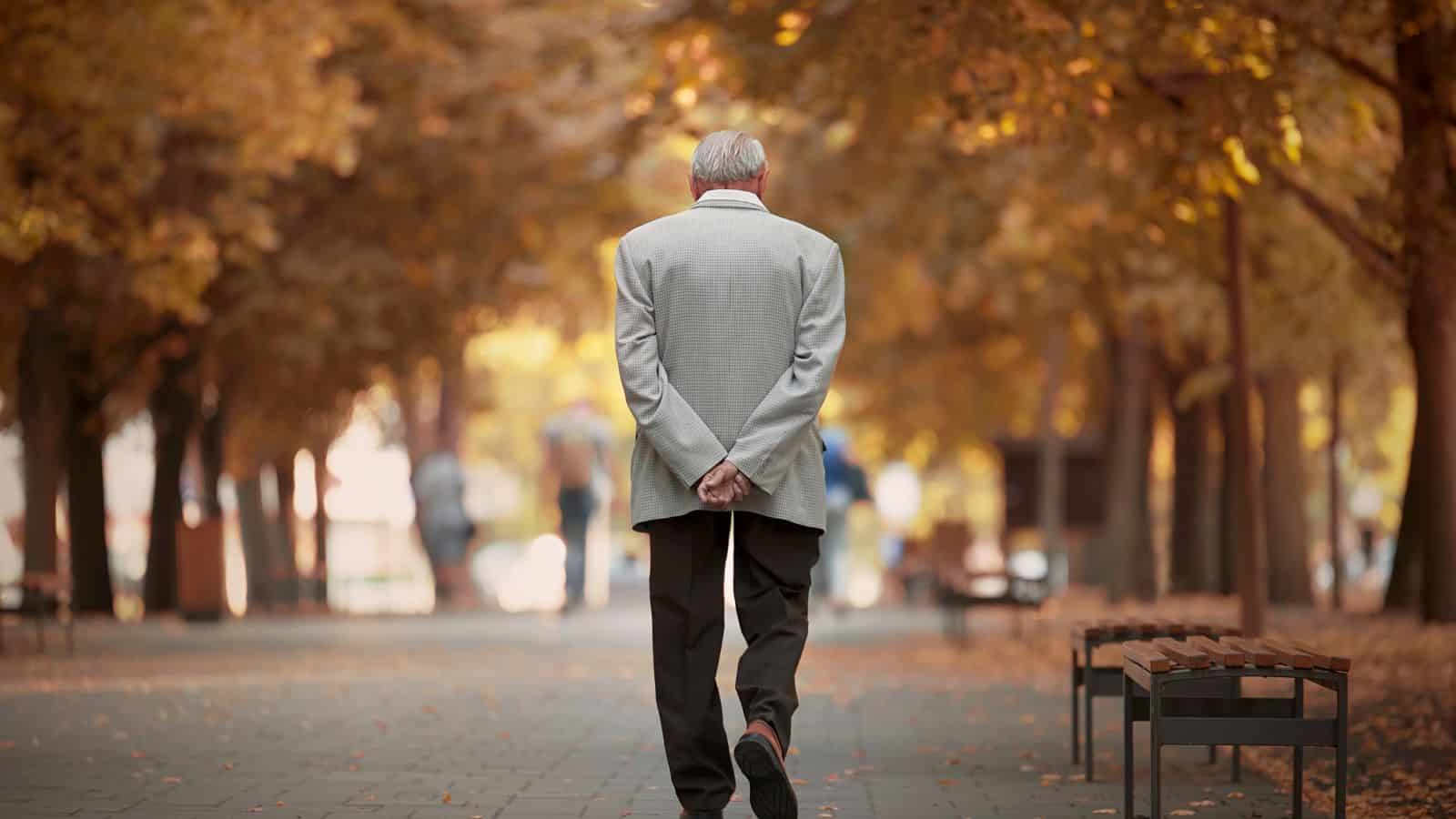
Old age often comes with a frustrating loss of independence. For example, developing a medical condition that restricts your mobility makes it much harder to function independently. Becoming dependent on others due to your age takes away some of your autonomy and can make you resentful of what you’ve lost with age.
Age Discrimination
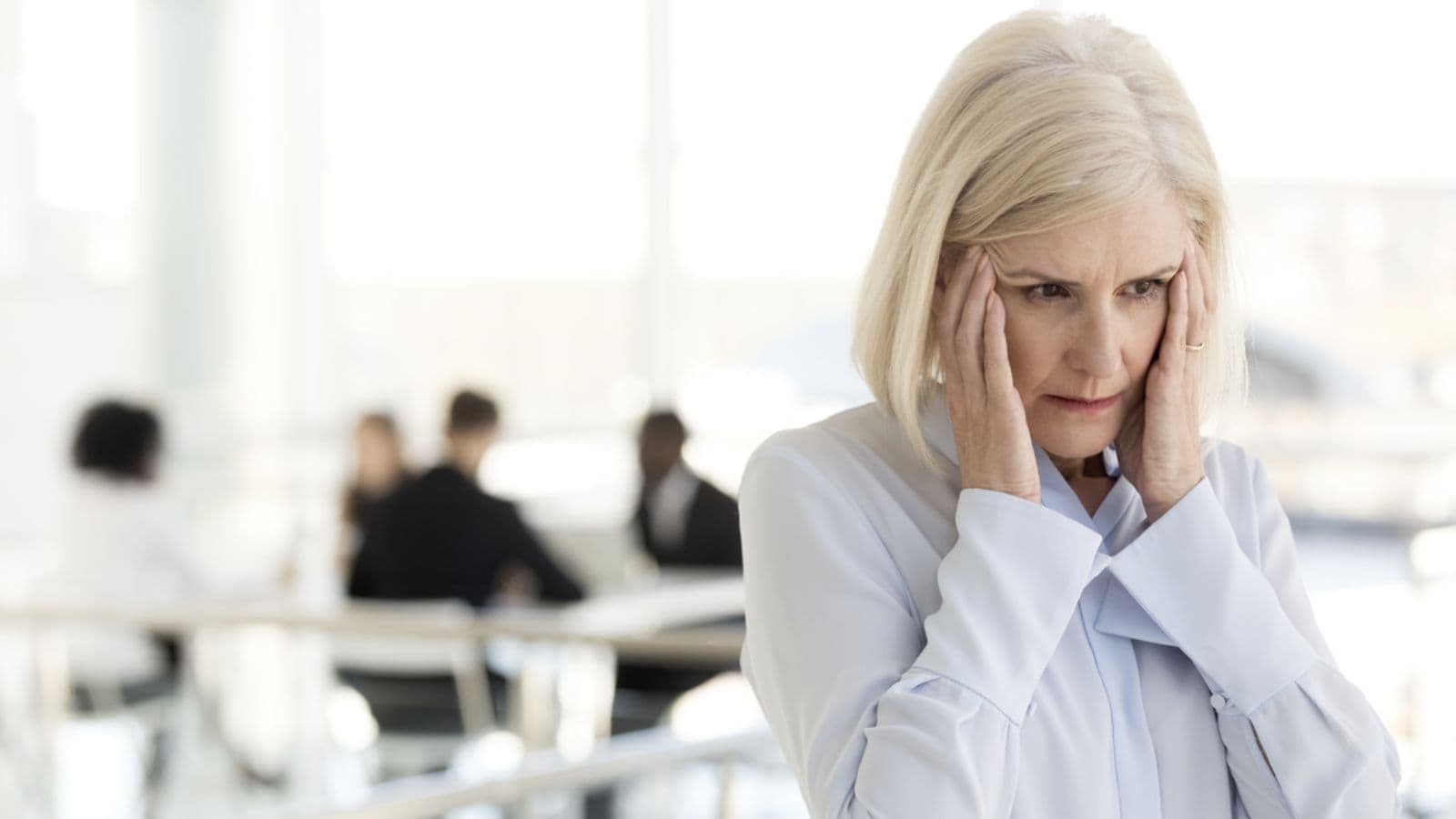
Age discrimination is unacceptable, but it’s unfortunately still common. According to the American Psychological Association, 93% of older adults describe experiencing ageism, and 65% see or hear discriminatory jokes about older people. Getting older is hard enough as it is, so nobody should have to deal with age discrimination.
Changing Familial Roles
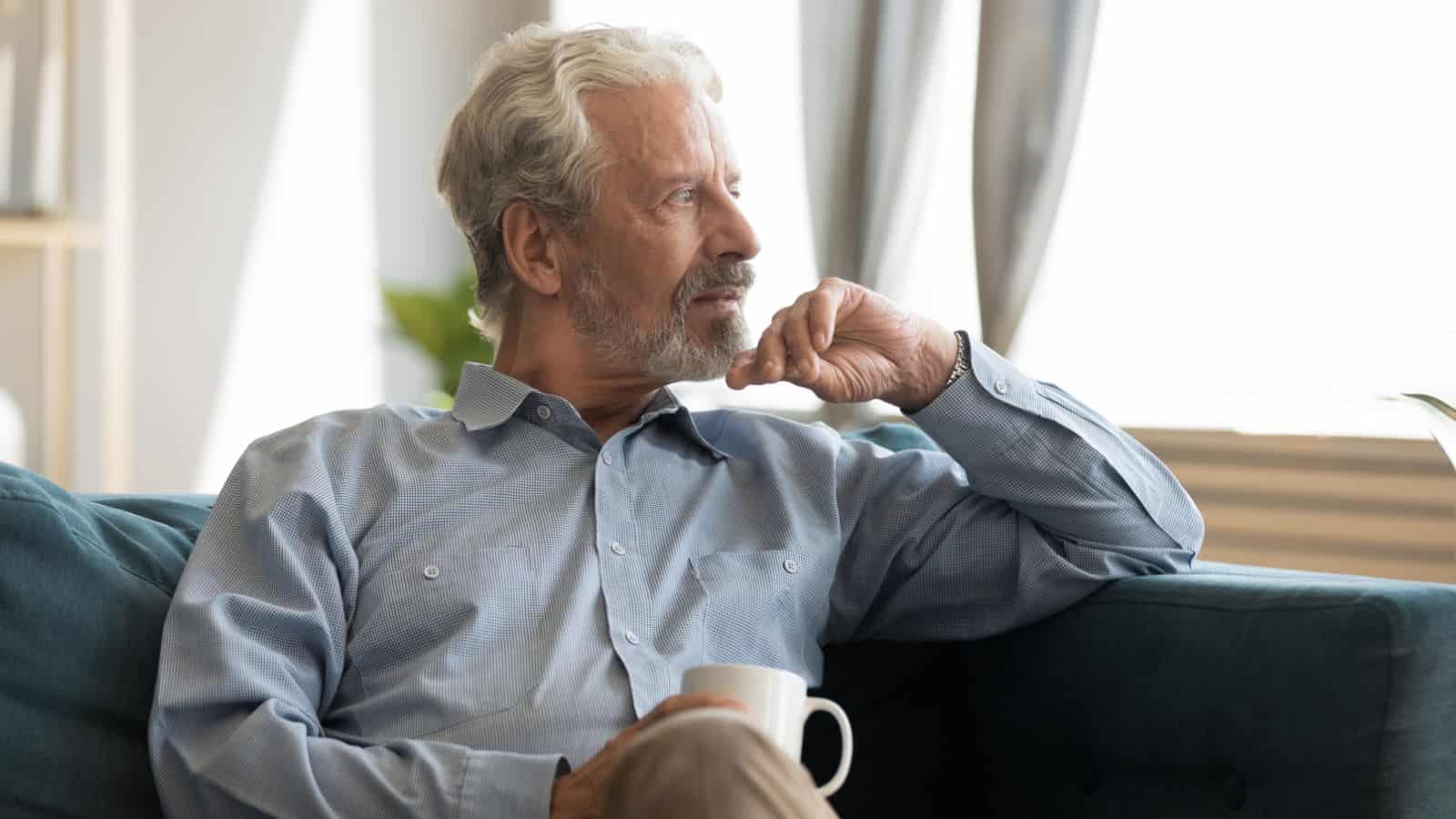
Our places in the family unit change multiple times throughout our lives. When we marry and have children, our priorities change as we become spouses and mothers. This makes ‘empty nest syndrome’ common when your children leave home. Becoming a grandparent is certainly incredible, but it also reminds you of your age.
Financial Worries
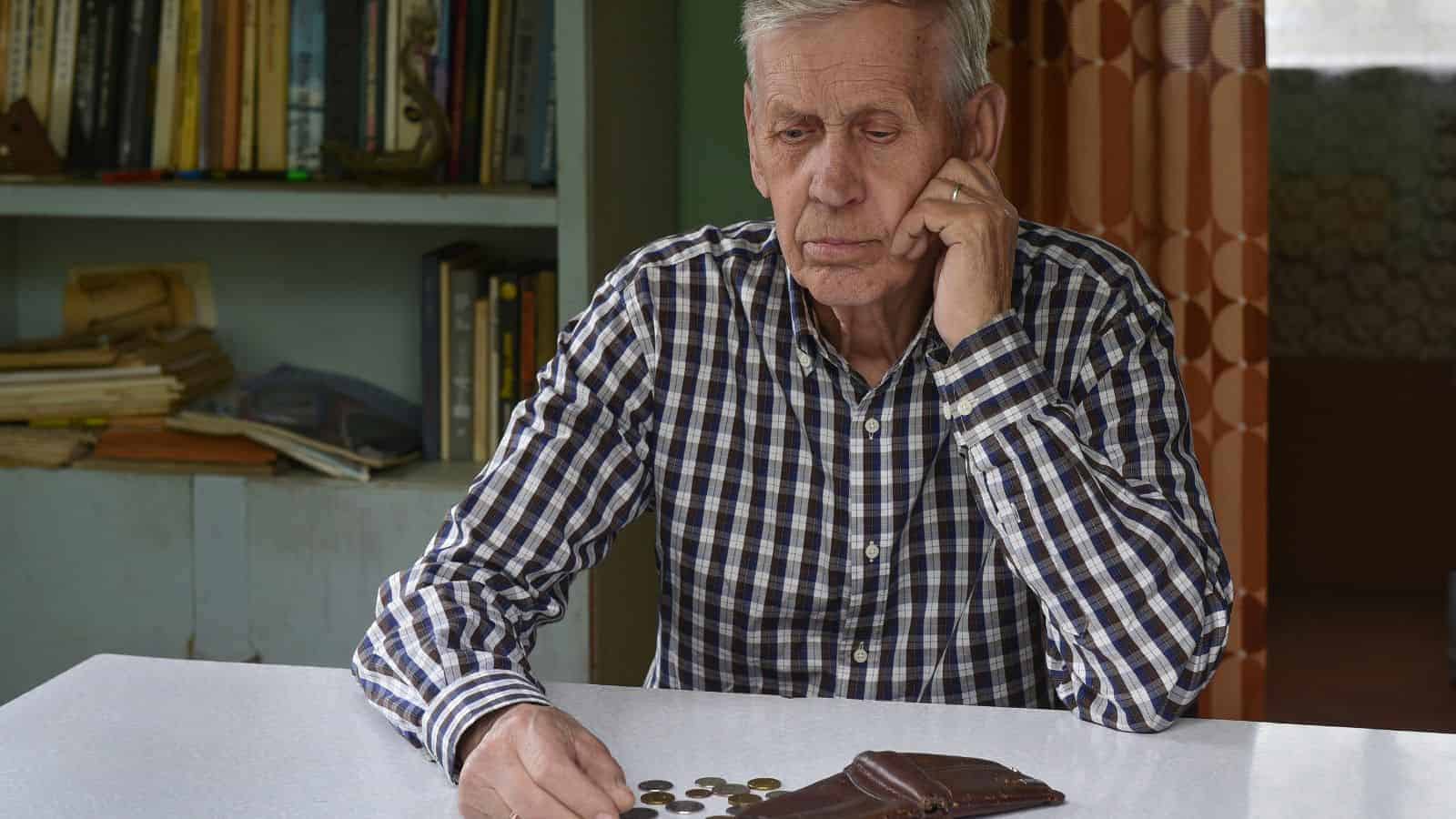
Younger people are more open about their financial worries, but that doesn’t mean older people don’t have similar struggles. After retirement, some struggle with financial anxiety. Older people have more reason to worry about potentially paying for medical care, so financial concerns become harder to handle the older you get.
Fewer Social Opportunities
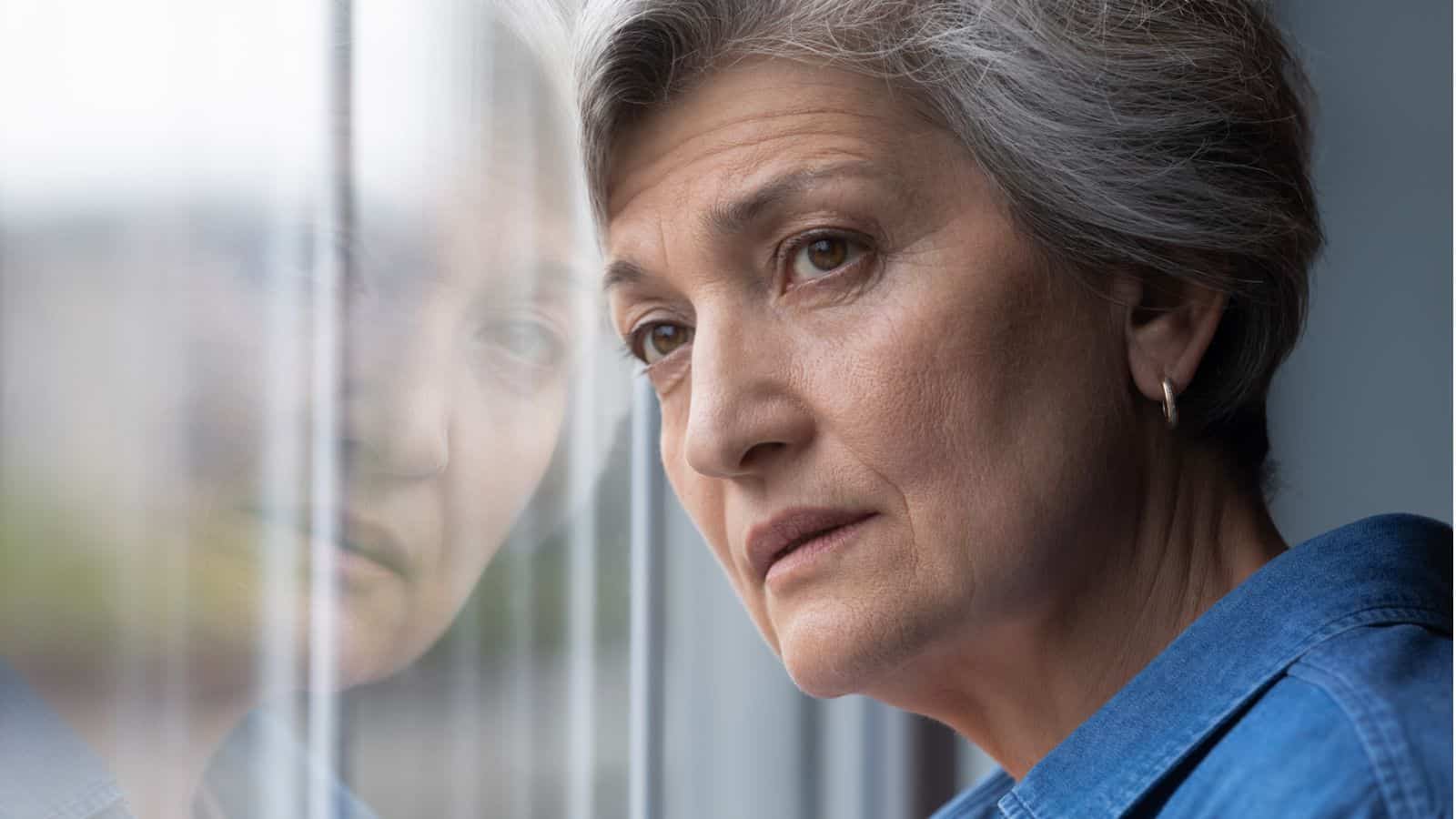
Older people worry about becoming isolated from society, and much of that is due to having fewer social opportunities. When you spend more time alone, thanks to retirement and a shrinking family unit, it’s harder to be confident and engage with others.
Existential Crises
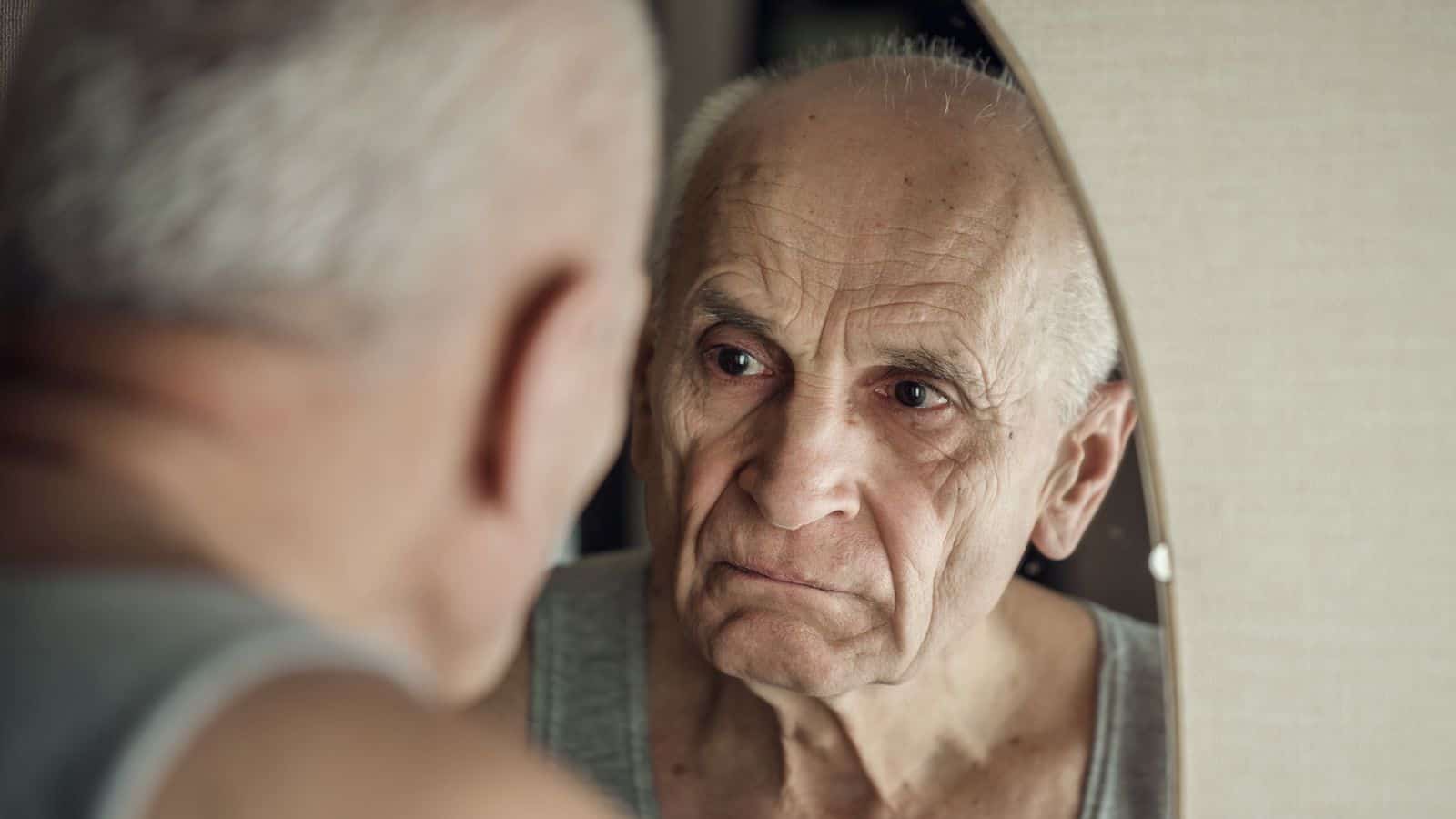
Research by BMC Health Services details that existential crises experienced by older people often include a loss of personal meaning, dignity, and hope, as well as a fear of death. Having an existential crisis puts everything into perspective, making it even harder to accept that you can’t reverse aging.
Cultural Changes

The world is constantly changing. Technological advancements and societal shifts often leave older people feeling left behind, and younger generations don’t always make the effort to accommodate them. Cultural changes are jarring, and it’s tough to find yourself at a distance from the rest of society due to your age.
Being the Victim of Assumptions

Unfortunately, older people are often harassed by others’ assumptions. Even people who mean well can bother older people by assuming they need help walking, using technology, or understanding simple concepts. Not only are these examples of ageism, but they’re constant reminders that you’re getting older, and that’s naturally difficult to accept.
Feeling ‘Past It’
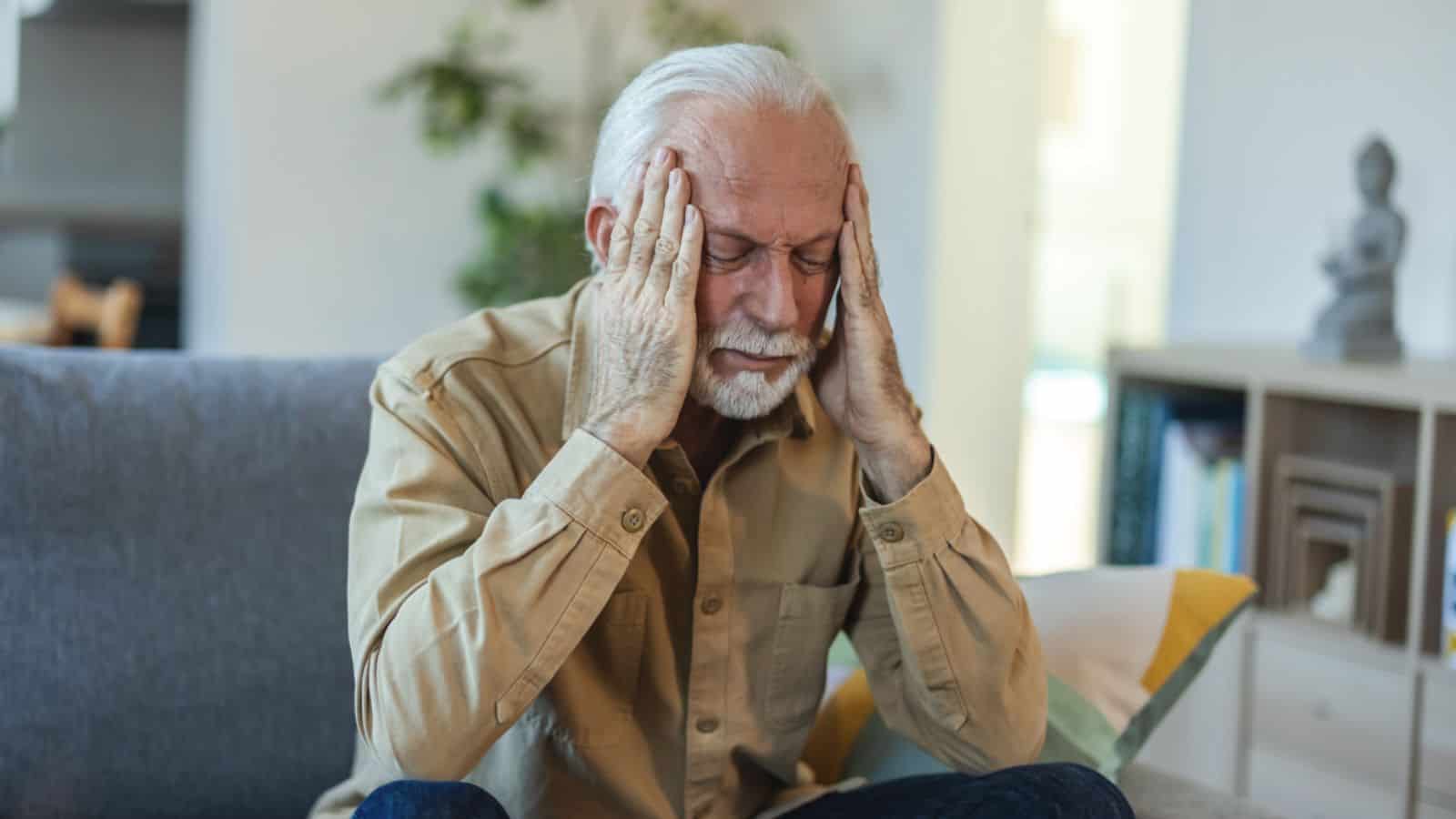
Finally, many people start to feel ‘past it’ as they age, resulting in low mood. All the signs of aging are reminders of how life used to be, and many resent losing vital parts of their identities. It’s difficult to accept feeling ‘past it’ because it means acknowledging how much you’ve changed while getting older.
Up Next: 17 Things Most People Forget After Someone Dies
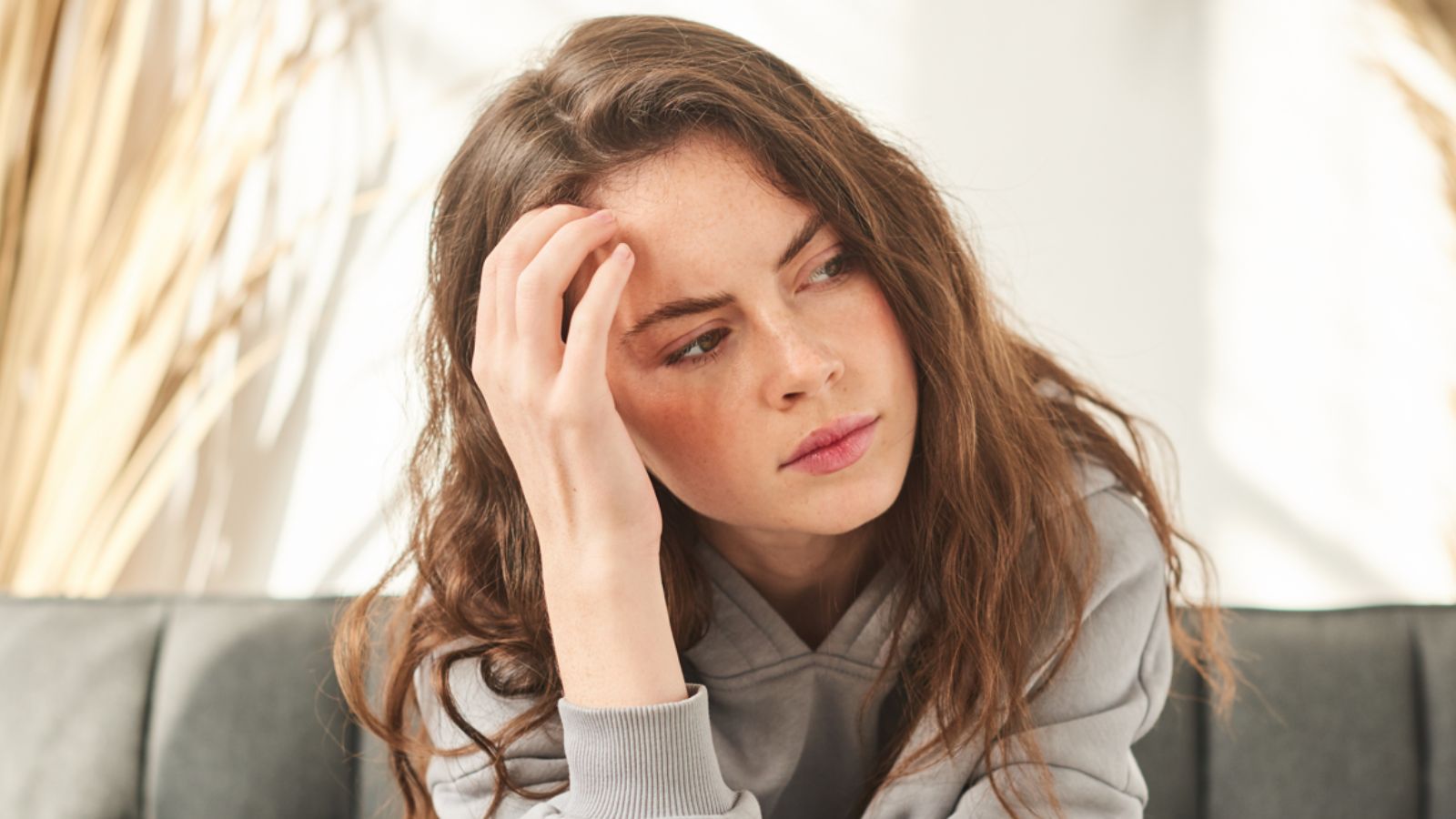
When a person dies, it’s easy for their partner or family members to overlook things while they process shock and grief. Despite the pain of losing a loved family member, it’s important to remember to organize these 17 things to prevent problems later on.
17 Things Most People Forget After Someone Dies
17 Phrases Confident People Use to Stand Up For Themselves
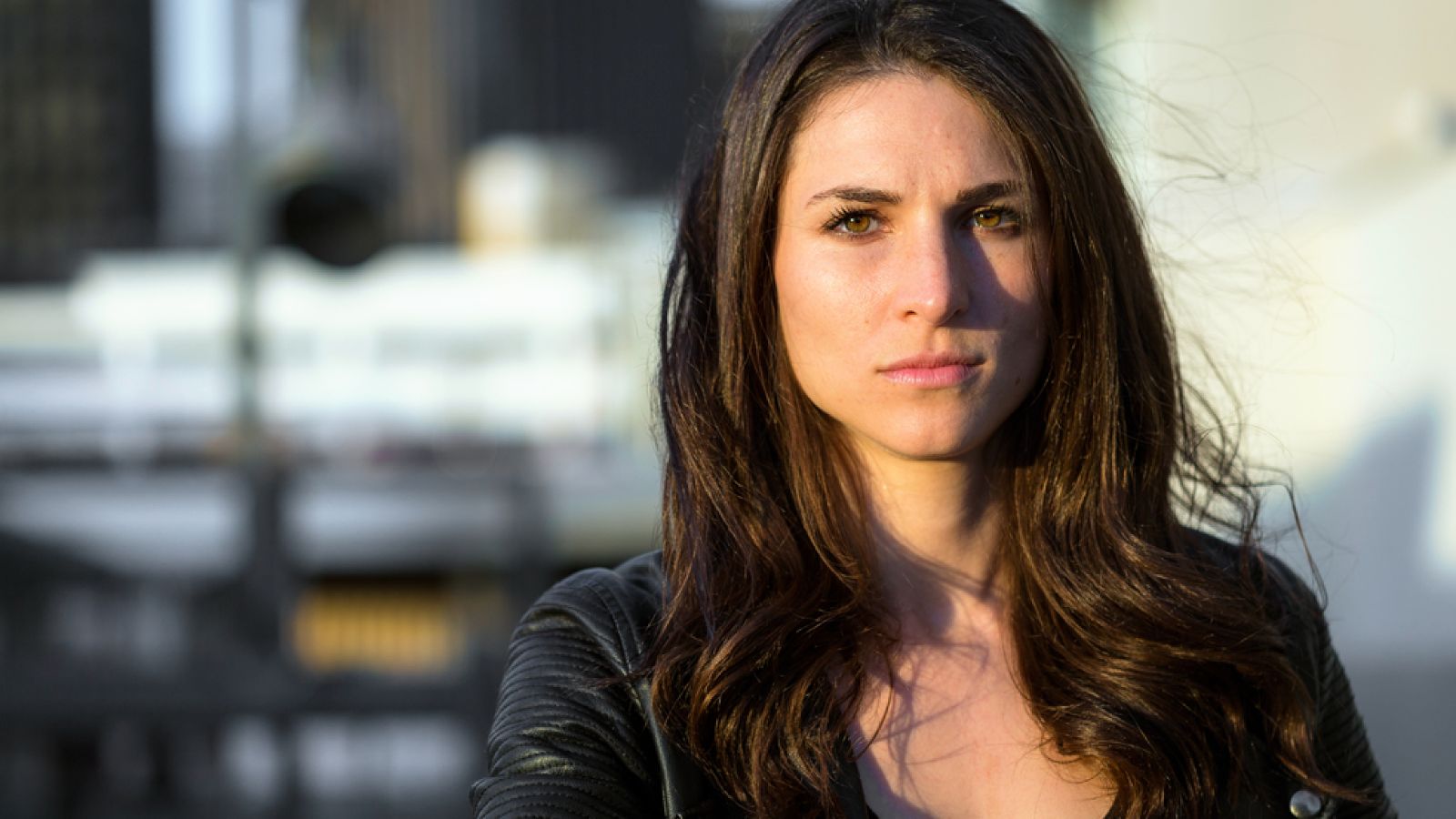
Confidence is a healthy and attractive trait that helps us stand firm in our values and set healthy boundaries. We can always become more confident, and learning the right ways to stand up for yourself is a great way to start. Here are 17 phrases you can use to do so.
17 Phrases Confident People Use to Stand Up For Themselves
20 Signs Someone Is Only Pretending to Care

Whether it’s to avoid hurting your feelings or if it’s part of a more elaborate plan to deceive you for benefits, people pretend for many reasons. The main theme with them, though, is that their actions never match the sugar-coated words that come out of their mouths. So that you don’t fall for someone like this, we’ve compiled 20 signs for you to look out for.
